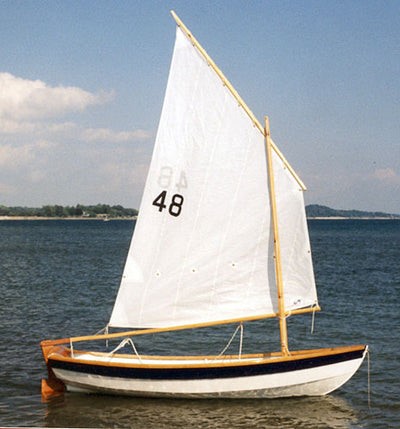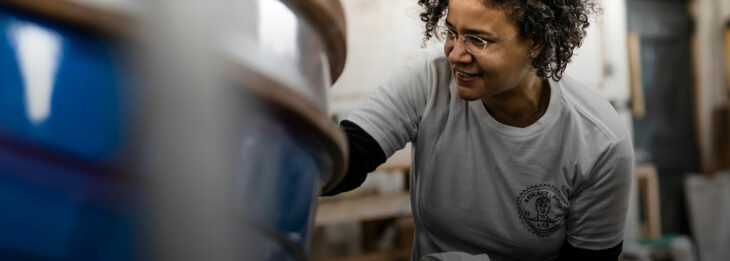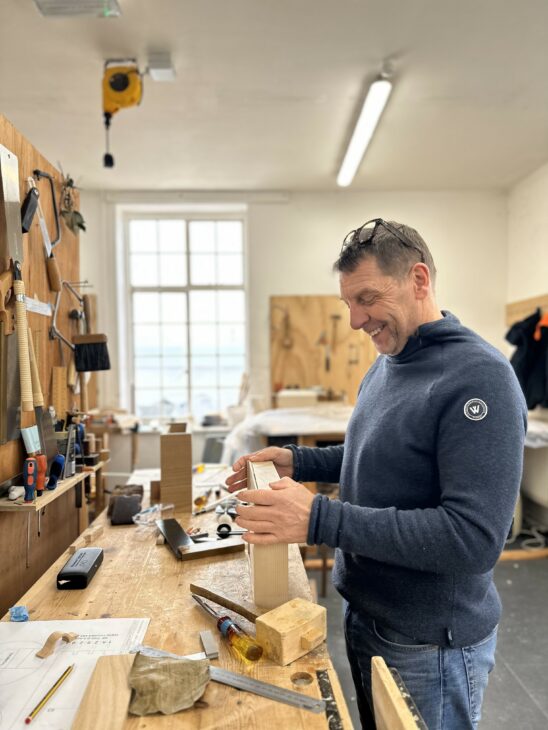This course is not running in 2024.


Potential students are asked to visit the Academy and send a simple CV. This process allows you to get a feel for the life and work at the Academy and enables you to make an informed decision.
If you are unable to visit, we will conduct a telephone/zoom interview at a mutually agreed time.


